Manuel Sobejano is a social integrator and a social educator. He has a master’s degree in emergency intervention studies as well as in catastrophic and international cooperation. Recently, he has arrived from Honduras after working on a childhood malnutrition project.
What has your experience as a co-operator been like?
In 2015, after the earthquakes in Nepal, I had my first experience as a co-operator. At the time, I was focusing on reconstruction and humanitarian aid. Later, I developed a responsible and sustainable tourism project, which is the country’s main economic source.
And from there you have not stopped…
After my experiences in Peru, I collaborated with the Center for Education and Community Development (CEDEC) in Vila, El Salvador, on a socio-educational project. I first learned the reality of the refugees in Sahrauí Camp in Tindouf, Algeria where I had the opportunity to develop the Reader Project and observe the socio-educational needs that were present at the ‘Walda’ school of Auserd.
Now, you have just arrived from Honduras…
Yes. I have been in Honduras for seven months, doing strategic work on a project that aims to reduce the undernourishment rates in a northern region of the country.
So, you are 26 years old. How do you value your profession?
I have traveled through 30 countries and have gotten to know several other cultures. This has allowed for a lot of personal and professional growth and it has permitted me to understand the different lifestyles that exist. Spending time away from home takes a toll on you. That’s why I try to make the most out of life experiences, namely the environment and the company I work for.
What is your day to day like?
Working on the ground is sometimes routine which is why I try to spend time on myself to better assimilate and manage the reality that I live in. It is also important to take care of your environment. It is important to be aware that when one goes, there are other people who are aware of your situation.
Talk more about assimilating and managing reality. In your profession, is this aspect important?
Yes, because, in spite of your professional role, you work with empathy and offer psychosocial support, from time to time you need to get out of this situation to clarify yourself. If not, you end up burning out and, if you are burning out far out of your comfort zone, there may be an added problem for your organization and your situation.
Do you, therefore, consider that working in the field of co-operation implies greater stress compared to other professions? Why?
I believe so. The co-operative profession involves a lot of emotional management. When you go on a ground mission, everything that you feel and everything that goes through your head, you have never experienced something like that. That is why it is important to be patient with yourself and the people around you.
As you have explained, this management is a task that you do individually. But apart from that, do the organizations take this part into account? Do you incorporate training into your plans so that people have the necessary tools to manage stress?
Organizations must preserve the mental health of their workers. But for my experiences with various entities, all of this work I have done, I do in a personal capacity.
And how do you manage stress?
I think it is essential to know yourself well, to know your capabilities and your limitations. It is important to have a good network. To have an “equal” to you to unpack and be able to better understand the work. It is vital to have your moments of space and management. And, on a personal basis, it is important to exteriorize the experience, everything that you feel should be shared.
Would you consider this to be one of the disadvantages of your profession?
Among other aspects, yes. I think that the figure of the co-operant should be made more visible. We should not go with the Western idea of fixing the world but, rather, giving prominence to local entities since they know the terrain by heart, and they prioritize people and not numbers. And, of course, it is necessary to have good universal protection, any law is limited when you intervene in situations of catastrophe or conflict.
In this sense, do you think that organizations must take responsibility for stress management to take care of the profession of co-operative?
I think it is always essential to demand greater work protection because of the situations in which they work are not easy. Greater care of the mental health of the working people. And, above all, do not lose the human side, do not forget about our principles and everything we need to work on in coordination with other projects or entities. Although our reality is different, our vision must be equal.
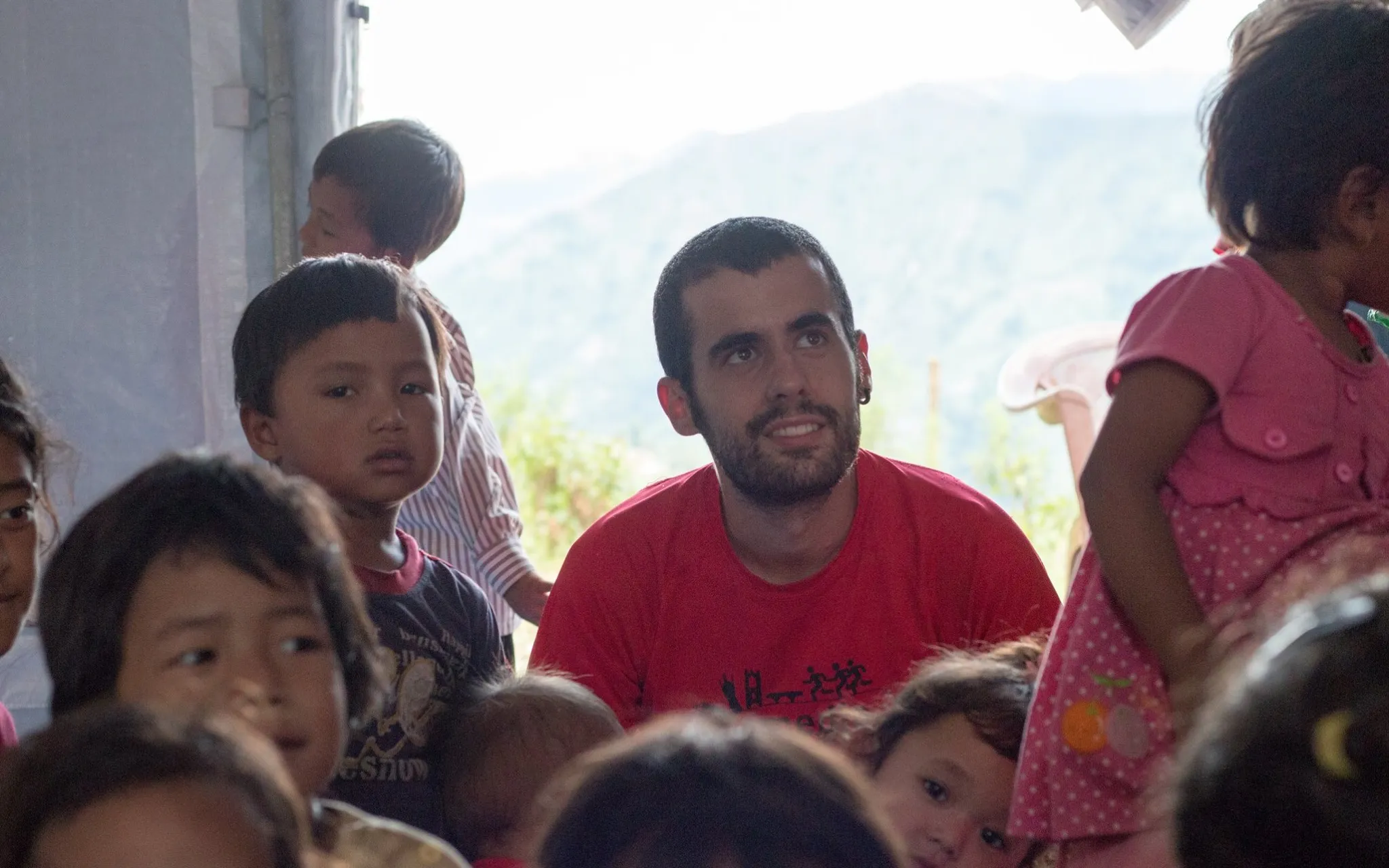
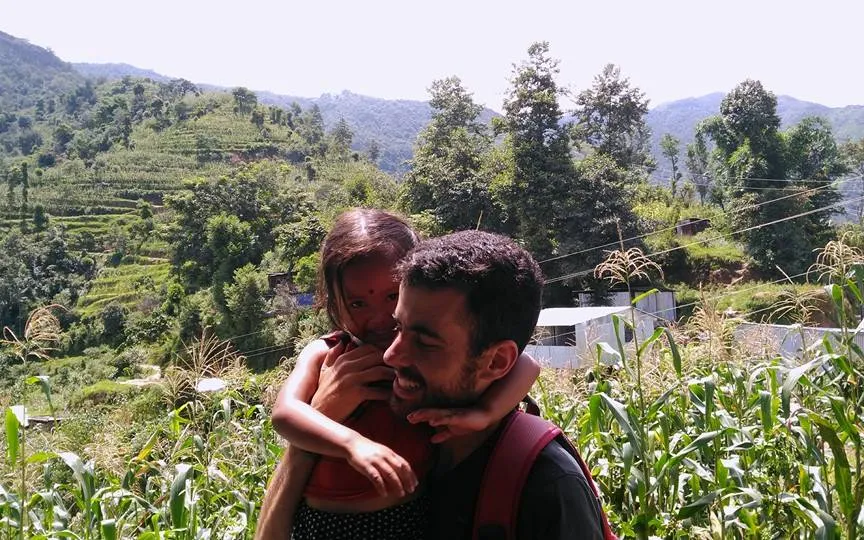


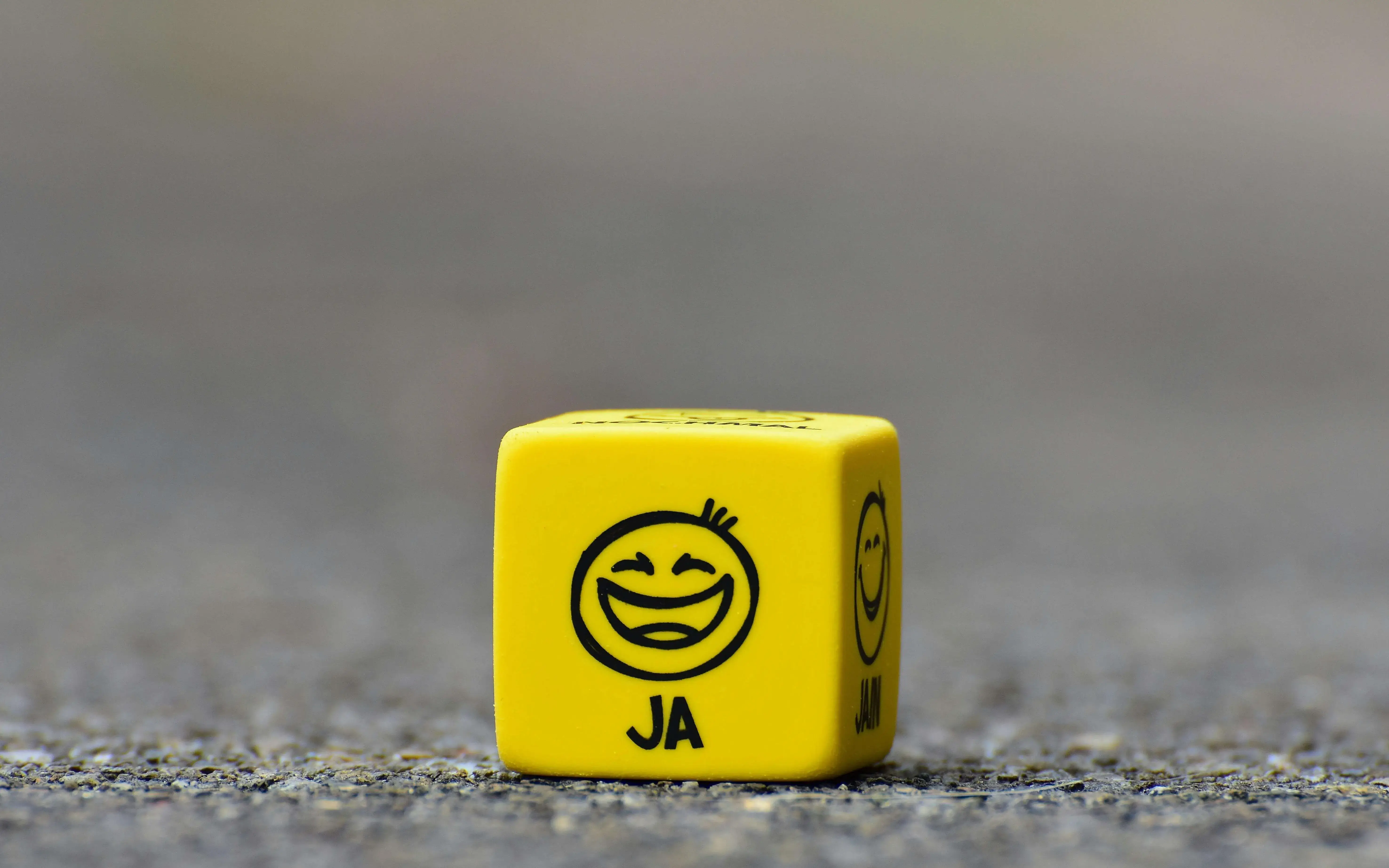

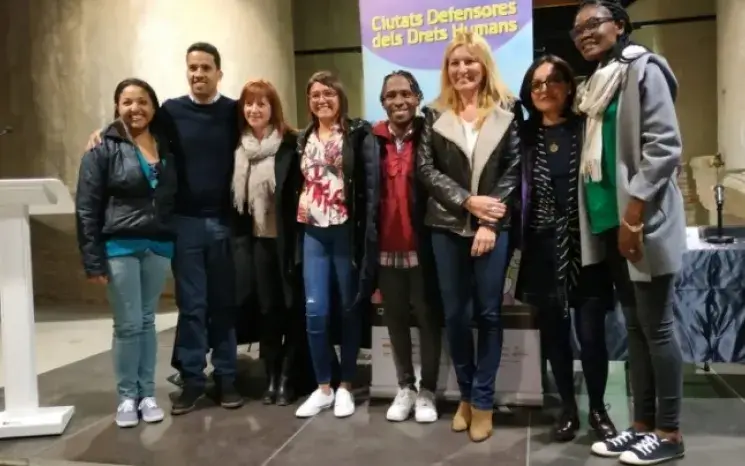
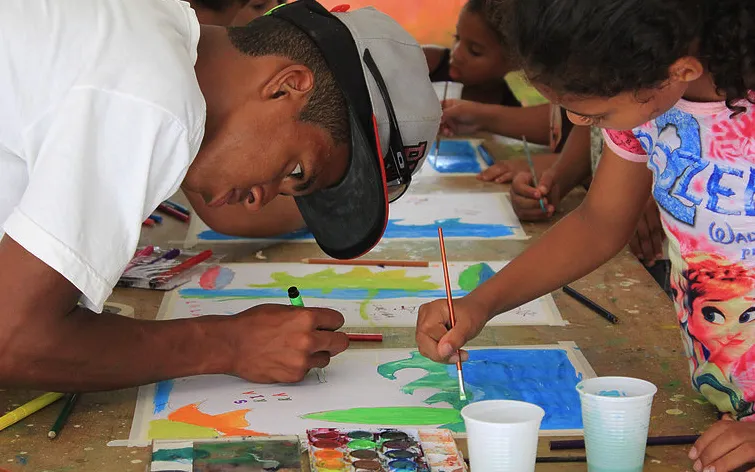
Add new comment